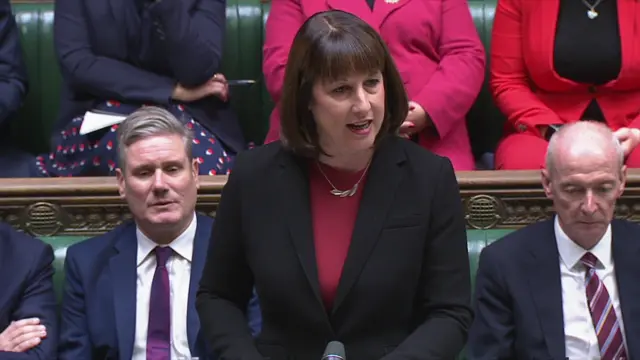
A taxing issue for Scotland to deal withpublished at 11:11 BST 23 September 2022
 Douglas Fraser
Douglas Fraser
Scotland business & economy editor
Several of the chancellor's measures will affect Scots, including the reversal of April's National Insurance increase for employers and employees, and retention of the corporation tax rate.
Scotch whisky distillers and brewers will welcome an end to planned reforms of alcohol duty. Reversal of tax reforms for self-employed people will also cover the whole UK.
But big elements will not apply in Scotland, including the cut in additional rate income tax from 45% to 40% on earnings above £150,000. The rate in Scotland remains at 46%.
A cut in basic rate tax from 20p in the pound to 19p does not apply in Scotland as the basic rate has different thresholds for Scottish taxpayers, external.


